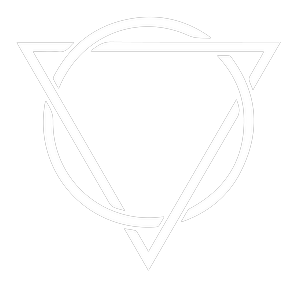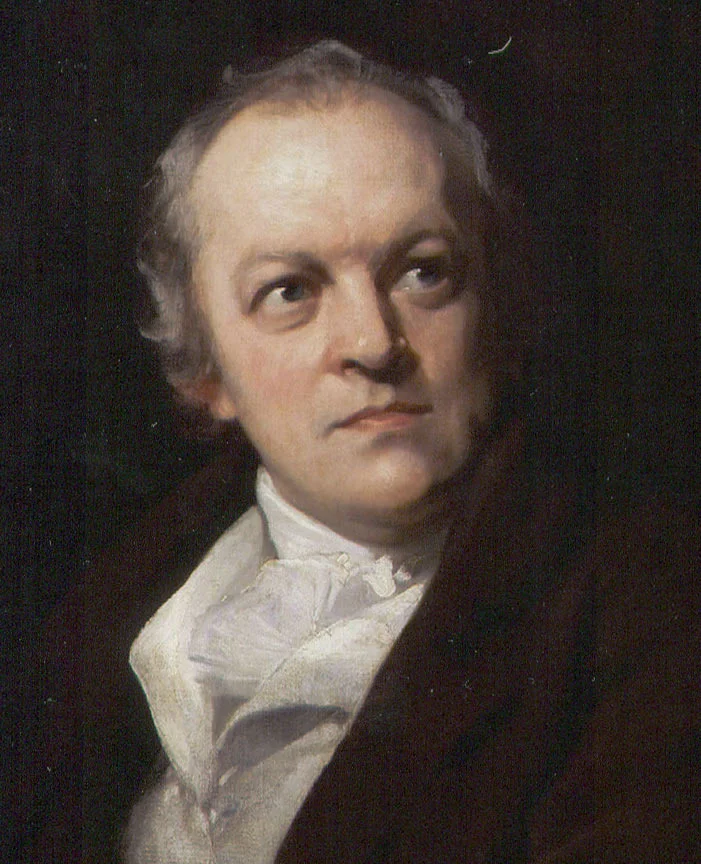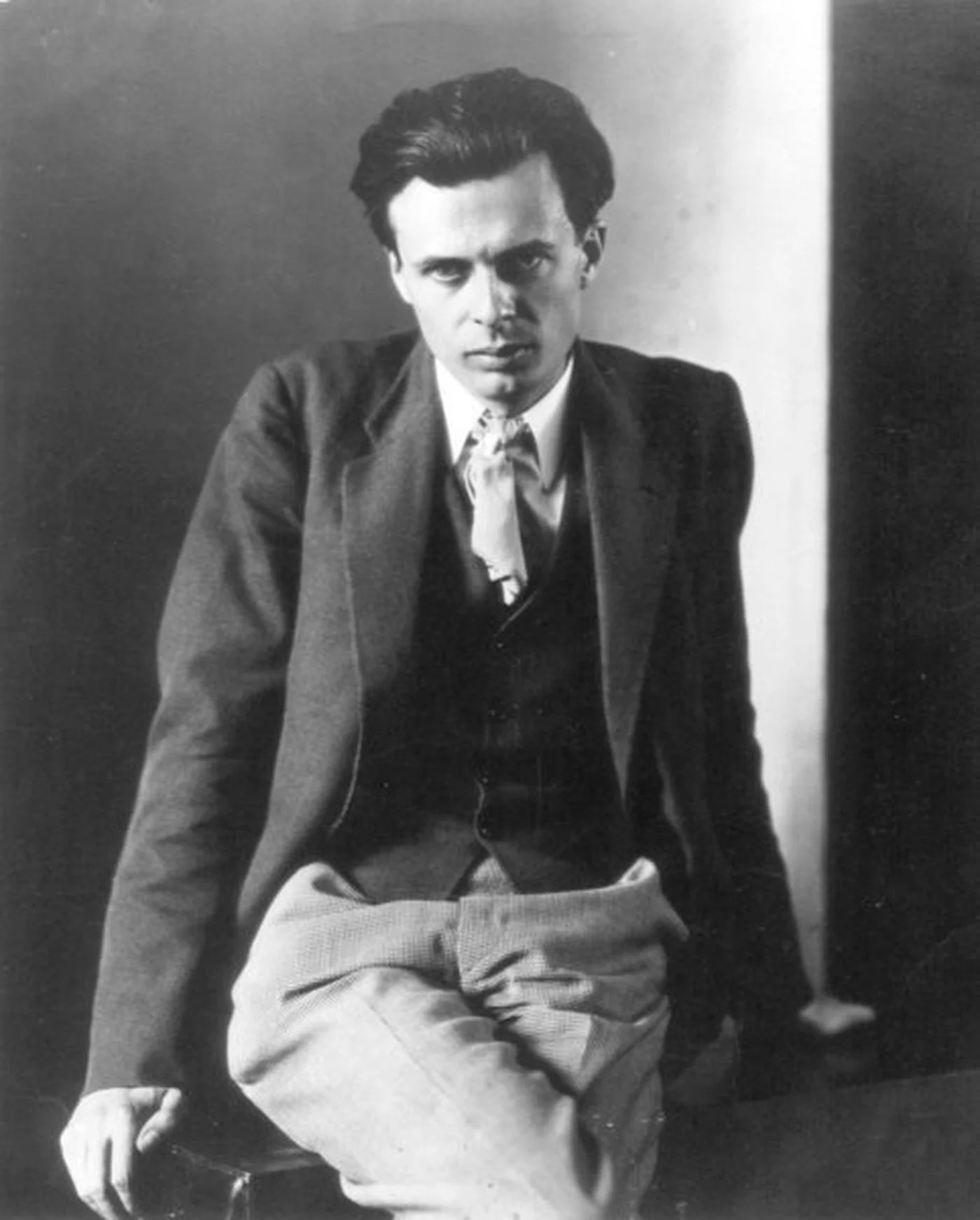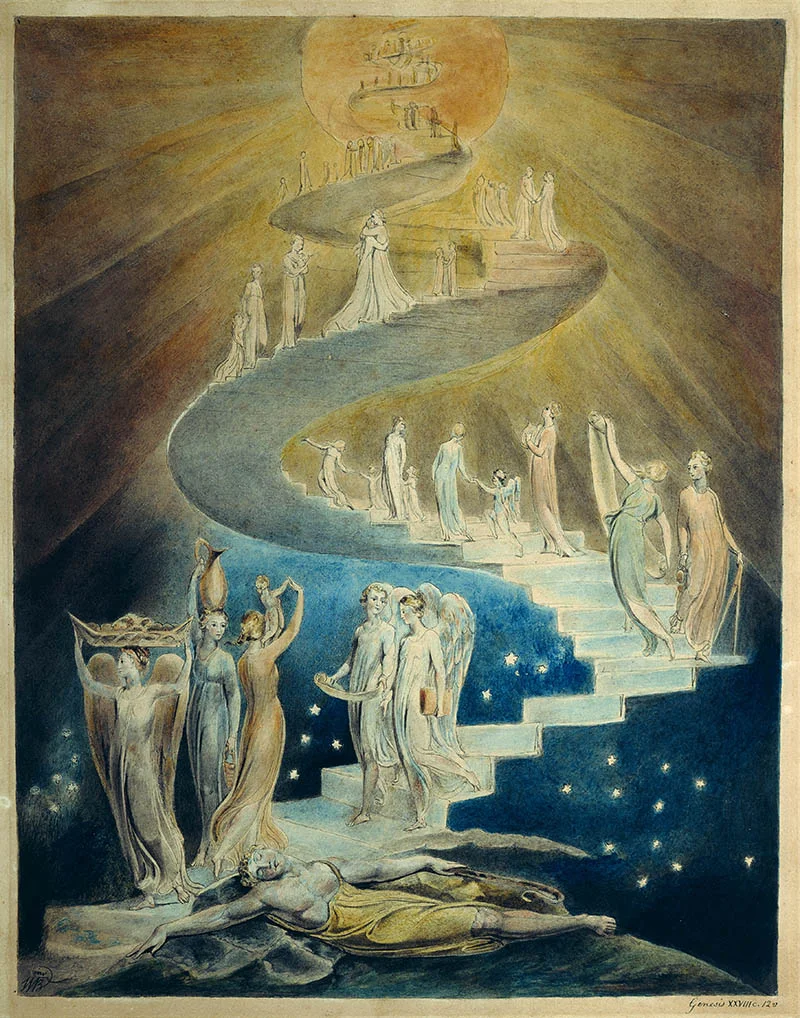“If the doors of perception were cleansed, everything would appear to man as it is, infinite.” - William Blake
Our world — in this context, “world” refers to the universe, the innerverse, the cosmos and everything else — is truly infinite. We can wander and explore and engage with it for eternity, and there will always be more to see, more to experience, more to learn, and more to create.
And yet, that is not the world we often experience. In fact, the world we often engage with is one of limitations, solid definition, and rigidity. We have been mislead. We have bought into the rhetoric and the trickery that has been concocted within the bowels of our own collective imagination. Or lack thereof. A so called imagination that remains sustenance through a steady diet of Madison Avenue, “news” masquerading as propaganda, and a further disconnect between who we are, and that of the world itself.
Our world has no limitations. Our world is not rigid, but infinitely fluid. If we believe in limitations, and if we nurture them within our Imagination, then it is inevitable that they will plant their roots within the world — or, we should say, our world — and remain rooted in place for as long as we nurture them.
William Blake penned those words many years ago. Likely in the late 1700s, due to that period of activity within his life. Blake speaks of several things in this absolutely essential quote, so let’s look at it a bit deeper.
By “the doors of perception” Blake is referring to several things. One of which is our own Consciousness. Our own Consciousness forms a doorway that limits and inhibits what it is that we see, feel, and create. This doorway consists of the limitations we have given the world and, in turn, to ourselves.
In recent years, people have gone on to state that “the doors of perception” is a pointed metaphor for our own brains, and their inability to register different types of information based on beliefs that take root within the subconscious. This ties in greatly with the fact that our conscious mind can only process supposedly 40 bits of information per second, whereas the subconscious mind can process supposedly around 20,000,000 bits of information per second. We register what is deemed “important,” based on our own beliefs and our own habits and our own thought patterns.
Cleansing “the doors of perception” refers to dissolving the boundaries that divide us between truly seeing and peering into the world, and merely observing it from a seemingly infinite recursion of frames. Frames that consist of beliefs, habits, thought patterns, memories, and quite a bit more that we have yet to discover or even consider, for the rabbit hole is infinitely deep.
Aldous Huxley believed that psychedelics — particularly LSD — were the key to “cleansing the doors of perception” and that is why he used that particular segment of the quote as the title for his famous, and exceptional, text “The Doors Of Perception.” So many to this day associate the phrase the doors of perception with Huxley when he in fact derived it from Blake. Which is okay, because nothing is really new under the sun and it’s extremely rare to discover anything and it is instead, re-discovered or remembered.
You may agree with Huxley, or you may not, but there is no doubting the fact that these substances — especially the ones that come directly from the Earth, such as Peyote or Ayahuasca — allow us to access greater realms of consciousness. Earth medicine allies are but one way of cleansing the doors of perception. Other ways include meditation — of the patient and resolute sort — dreaming, and, of course, using your imagination which can be improved by meditation. We’ll dive into this one a little bit later, but do note that these are only a few ways to cleanse the doors of perception.
Finally, Blake states that “everything would appear to man as it is, infinite.” If we are to cleanse the doors of perception — our beliefs and our limitations and borders and everything else that make up these rather imposing doors — that everything would appear to us as it truly is, infinite.
To understand this, we must understand that we don’t understand. Infinity is but a word used to describe something that is endless and without limit. We can’t really picture this, because to do so, would be to limit it. So, this gives further weight to Blake’s argument that the doors of perception have not, in fact, been cleansed at this point in this time.
Nonetheless, this multidimensional experience of life is infinite, and there are no limitations of any sort. We may think there are, and we may act in that way, but there are none. None at all. We may even come to realize that scarcity is not the case, and although living in balance with nature is key materially, that we have profound capabilities of solving our material problems through realizations and actions based on information given to us from the spiritual. For the spiritual is the cause and the material the effect.
Imagination is something that, for the longest time, we may feel has fixed definition. But the more we research and the more we explore and practice, the more we may realize that imagination has no true form or definition, and that it is the closest thing we have to a direct connection to “the infinite” or “the world” itself. In fact, it isn’t just “the closest thing” it is a broadband connection to infinitude.
The only limits that are to be found in the province of imagination are the ones that we give ourselves. For our imagination is a direct product of our own self-concepts and our own beliefs and ideas about ourselves.
Using our imagination, we can conjure entire worlds within the span of seconds. We can go on great quests and adventures within these worlds. And that’s just the start of it. For within the province of imagination, limitations are falsehoods that need not be heeded or respected.
Imagination is just as “real” as “reality”, for they are both a product of consciousness and everything is consciousness based. We may admit that we don’t really understand this idea very well, but it remains a point of interest, and a frequent theme that we can meditate on to further come to eventually understand a bit more.
We erect walls between “imagination” and “reality”, but they are only as real as we believe them to be. When we dissolve those borders — which few have done — then we realize the truth. Limitations are imaginary. Definitions may even be imaginary. And life is but a dream. Important, no doubt, but as a dream — a lucid dream, if we allow it to be — it is infinitely fluid and endlessly malleable.
Each and every border that comes to define and distort “imagination” and “reality” comes not only from our own imagination, but from our self-concepts, and this, in turn, comes from our imagination. You see, all things are intertwined within this very simple — but, in truth, endlessly complex — framework.
*Written by Maxwell Akin & Niles Heckman.



